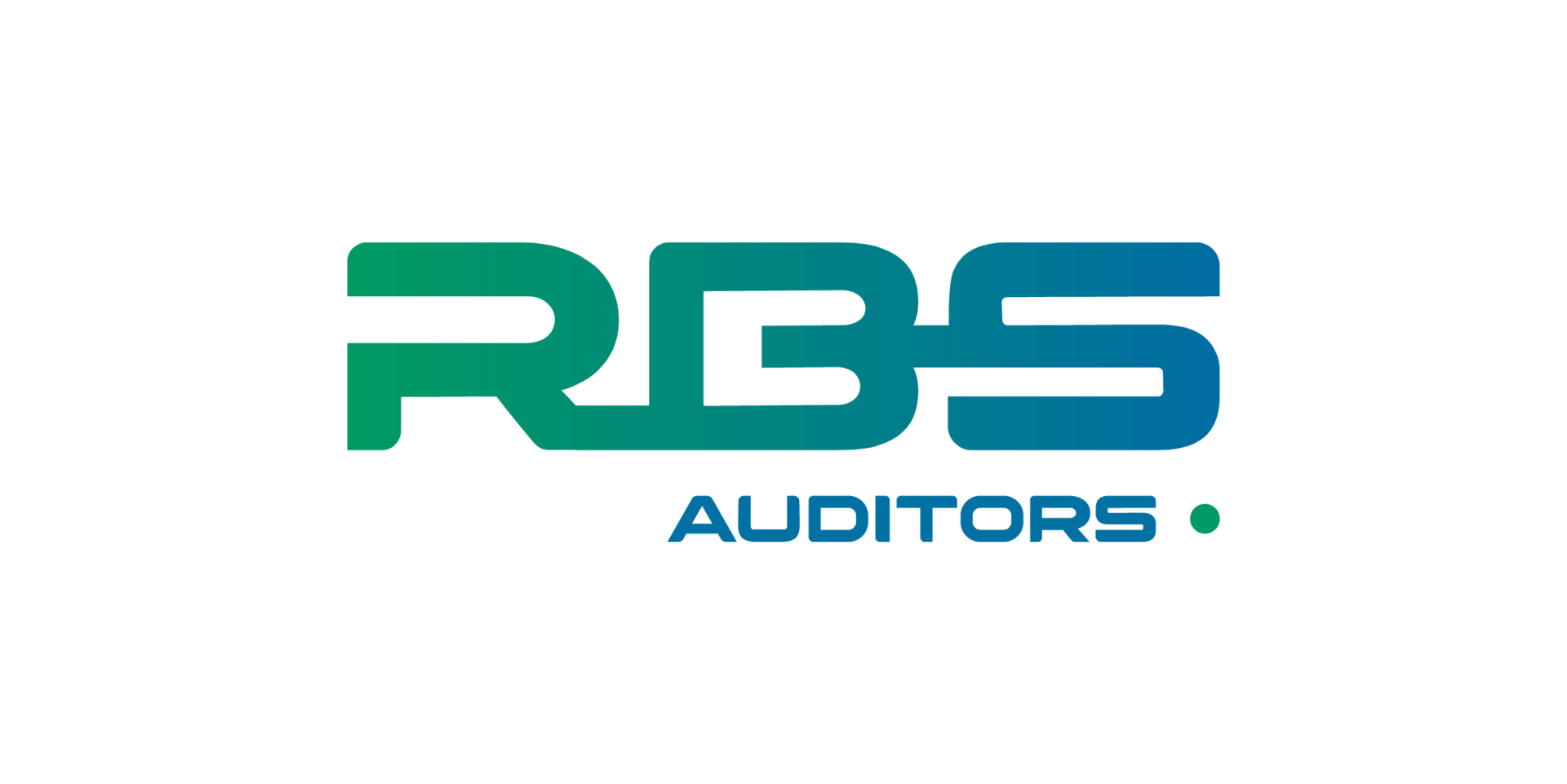The United Arab Emirates has been a global business hub for centuries, attracting businesses, investors, and entrepreneurs from all parts of the globe to come to its shores to do business, attracted by a favorable business environment and strategic location combined with tax incentives. Among the key business advantages of being in the UAE is establishing a company in a free zone. The free zone company formation in the UAE offers several advantages, such as 100% foreign ownership, tax exemption, and streamlined company setup. However, the businesses that would get the most benefit are as follows:
In this blog post, we will show who can benefit from forming a UAE-free zone company and why it may be in your best interest to form a free zone company to operate your business.
- Entrepreneurs and Startups
The opportunity freezone company formation opens up for the startups and entrepreneurs to find their slot in the UAE market is quite huge, considering that it requires only minimal capital, plus the entrepreneurs benefit from enjoying 100% foreign ownership and zero personal and corporate taxes. In this respect, Freezones attract most of the startups with minimal overhead costs that will leave them free to plough back into the business.
- International Investors
Freezone company formation can be seen as an opportunity for international investors looking to access the UAE market or expand their global operations. Unlike free zones, there is a notion of having to have a local sponsor for companies outside free zones; conversely, foreign investors can completely own companies in free zones and have more control over decisions made within these organizations.
- E-commerce Businesses
One of the rapidly growing industries in the world is e-commerce, and the UAE cannot be ignored either. There are several reasons why companies dealing with electronic commerce would like to form freezone companies, including no customs duties and tax savings, coupled with first-class logistics infrastructure. Freezones like Dubai CommerCity are born specifically for the purpose of e-commerce ventures, offering a wide array of services like warehousing and fulfillment and digital commerce.
For an e-commerce startup or established company entering the Middle East, freezones offer essential infrastructure, strategic location, and tax-free environment to ensure success.
- Consultancies and Professional Service Providers
Another advantage of having a free zone is that it is suitable for consultancy, freelancers, and other service professionals. Quite a number of the UAE’s free zones are designed and set up with in mind the idea of hosting businesses that are, to a large extent, service-based, thus allowing it to have flexible office solutions, not to mention an easy procedure to establish, licensing requirements which are less costly. A typical example is Dubai’s Knowledge Village and
Media City free zones that attract consultancies on media, IT, and education.
One of the major benefits for consultancies is that they will not be liable to pay corporate taxes or income taxes.
Conclusion
The range of UAE Freezone Company Formation benefits caters to various businesses, including startups, consultancies, manufacturers, and international investors. The freedom zones include 100% foreign ownership, tax exemptions, duty-free trade, and access to world-class infrastructure. In this sense, it is the perfect location for any business seeking to thrive in the dynamic economy of the UAE.
Whether you are an entrepreneur launching a new venture, a trading company looking to expand into global markets, or a tech startup looking for innovation, freezone company formation is the answer to achieving success. This is because a specific freezone designed to meet your business needs provides the tools and environment to unlock new opportunities and propel long-term growth.






















